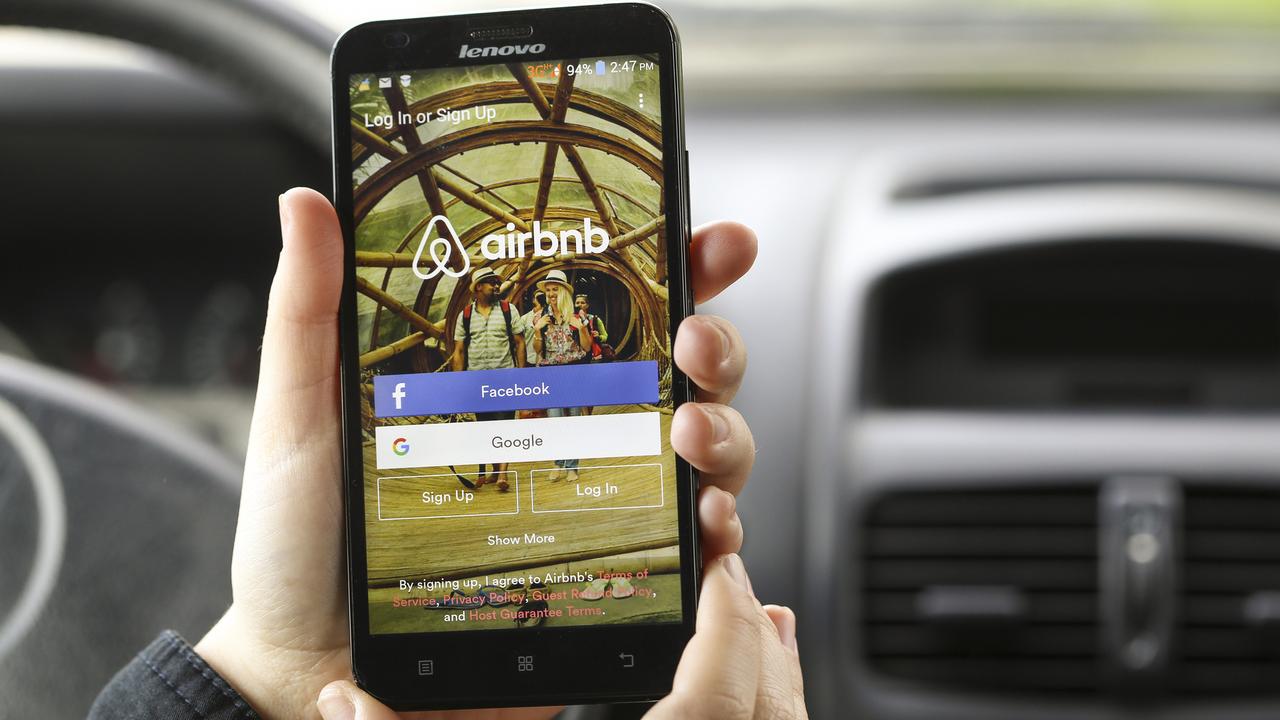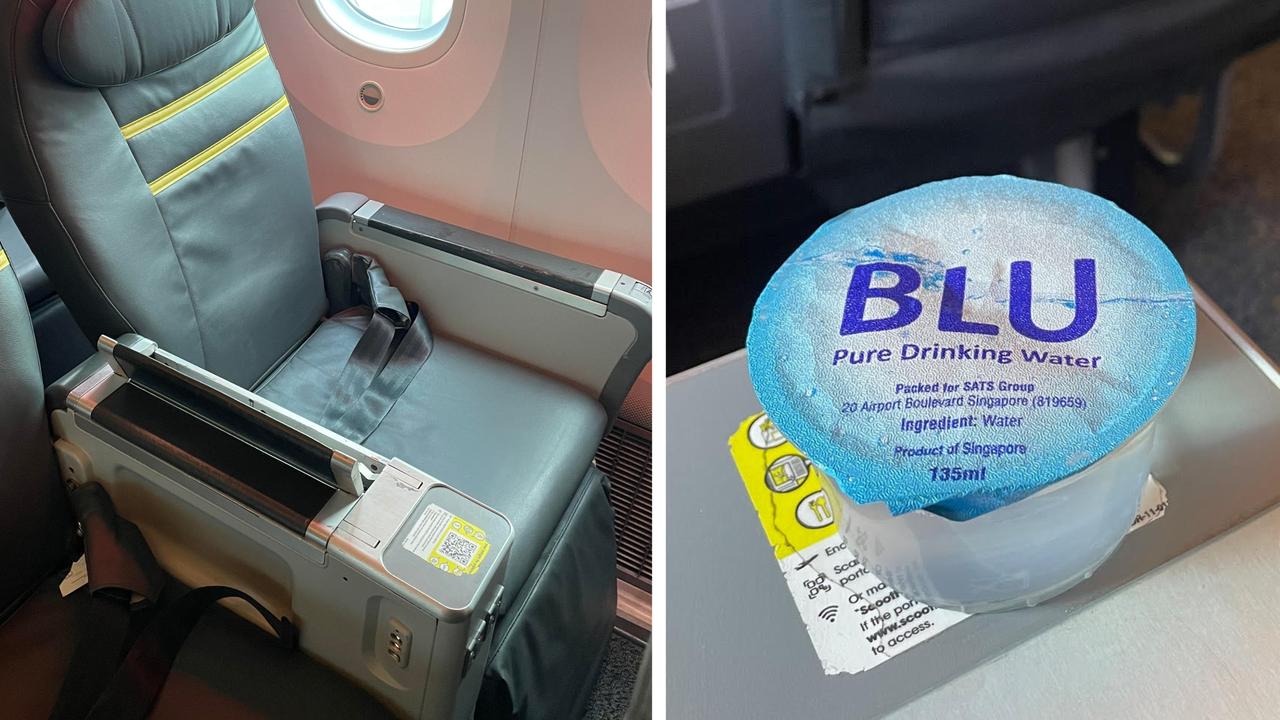Mum-of-two reveals how she travelled to NZ for just $1
It sounds impossible, but a mum-of-two has revealed how she managed to travel to New Zealand for just $1. Here’s how you can too.

Whether it’s a weekend away or something a little more extensive, holidays can add up pretty quickly — especially when the family is involved.
But mother-of-two Penina Petersen said she managed to travel with her husband to New Zealand for just $1, and says other travellers can too if they follow her three-step system.
Ms Petersen has made a name for herself by showing Aussie families how to save money around the home, in the kitchen and when going on holidays through her blog Savings Room and popular Dollar Dinners cookbook.
Speaking to Yahoo, Ms Petersen, from Frankston in Melbourne, said there were three key steps that enabled her to travel on the cheap, and it all started with her own home.
1. List house on Airbnb
The Melbourne-based budget expert decided to rent out her home on Airbnb, which in turn paid for her flights, accommodation and car costs in New Zealand while they travelled.
“We got amazing dollars ($2500 for a week) renting our home out on Airbnb over summer in the coastal town we live in,” she said.
“Once we secured a booking for our travel period we used the funds to pay for the flights we needed.”

2. We only used relocation vehicles
Ms Petersen said she was able to drive around New Zealand by booking a vehicle relocation online.
These services basically work by allowing a driver to use a car for free by moving it to another location, and helping the rental companies relocate their cars.
Ms Petersen said she had to pick up a van in Auckland and was given five days to drive it to Christchurch.
“It would cost us $1,” she said.
“Some deals include up to $350 in free fuel as well as $100 in allowances. These companies need to move vehicles to new destinations, so they offer discounts to get free drivers.
“We had to pay money to get the van across from Wellington to Picton. That cost around $450 — but remember we were still ahead from the Airbnb rental — so actually this didn’t cost us anything.”

3. How we paid for our flight home
It was all about using relocation vehicles for Ms Petersen’s trip with her partner Richard. To make their way back to Auckland where their return flight was departing from, they grabbed another car which needed to be driven back.
“From Wellington Airport we picked up another relocation car and travelled to Taupo,” she said.
“We stayed in a cut-price motel we found online. We paid for this using our original Airbnb profit (aka flight and accommodation fund).
“The free petrol was more than enough to deliver the car back to Auckland.”

In November, Ms Petersen revealed her top tips for saving time — and money — in the kitchen.
Speaking to news.com.au, the money blogger was able to feed her family for just $42 a week by following a simple set of rules when it came to shopping.
The key, she said, is bulk cooking to make a month’s worth of meals in advance, drastically cutting down on cost.
“I spent two months going to the markets, saving 20 per cent, maybe more,” she said.
“My local fruit and veg guy is really cheaper than the supermarket. He’s cheaper than Aldi.”
When she does go to the supermarket, she buys as much as she can in one trip to avoid temptation.
“I’ll buy the long-life milk so I don’t have to go back. If I pick up bread for $1.50 I’ll buy eight loaves,” she said.
“The marketing is so strong it’s almost impossible to go to the supermarket and not overspend. That’s fine, they provide a good service. I’m not anti-supermarket, but I do find they’re taking advantage of time-poor consumers.”

PENINA’S NINE COOKING TIPS
1. Shop from your pantry first.
2. Use up leftovers.
3. Shop less, shop with a list, shop strategically and avoid the associated costs of shopping, avoid buying more (due to heavy supermarket marketing).
4. Get home (or shop online) and go straight into cooking.
5. Cook five weeks’ worth of dinners and use up all leftovers.
6. Skip entire grocery shopping weeks.
7. Use local suppliers for weekly food top-ups. Avoid supermarkets between bulk cooking sessions.
8. Eat and cook fresh on Friday and Saturday nights. Eat fresh when you have time.
9. Relax and enjoy more time (and money) out of the kitchen. Eat freezer meals when you are time-poor.



